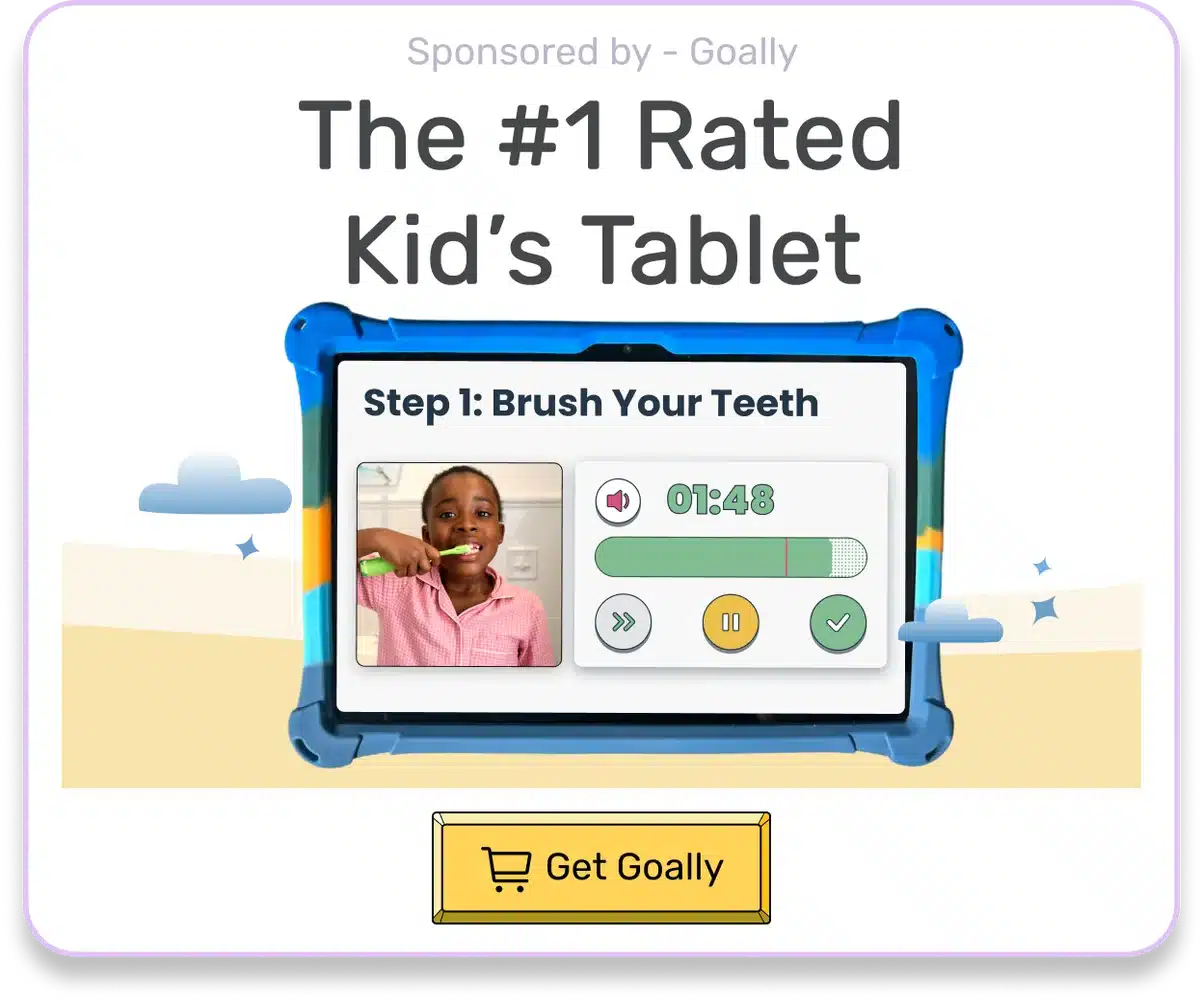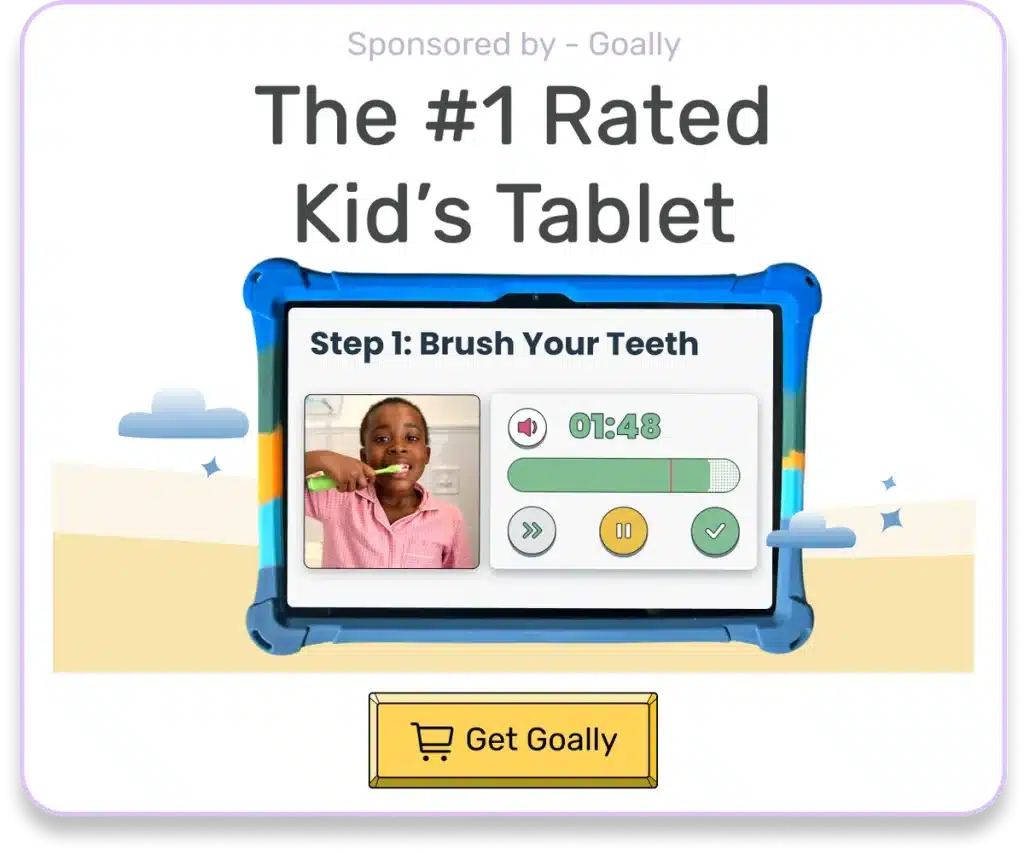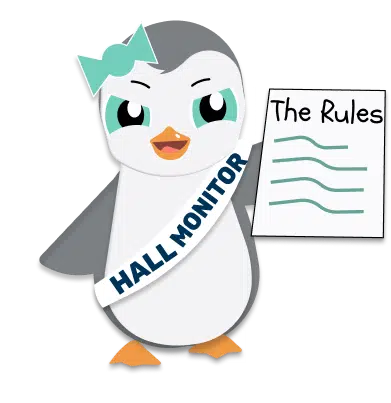Kids can sometimes be a handful, acting out in ways that make you question your sanity. Sometimes, those defiant tantrums or outbursts seem to come out of nowhere. Other times, you can see the meltdown brewing from a mile away. Some kids with behavior problems have behaviors that are outside the norm for their age, and these problems can be caused by temporary stressors or more enduring disorders. The most common disruptive behavior disorders include Oppositional defiant disorder (ODD), Conduct disorder (CD), and Attention deficit hyperactivity disorder (ADHD). It’s important to remember that kids are still learning to manage their emotions and behaviors. This article will go over ways you can help them navigate some of the more challenging moments in their young lives and set the groundwork for long-term success. We’ll explore strategies for managing challenging behaviors, building positive relationships, and creating a supportive environment for your child.
Table of Contents
Managing Difficult Behaviors
There’s no one-size-fits-all answer when it comes to managing behavior issues, but here are some guiding principles and tactics:
1. Do What Works for You and Your Child
Every child and family is unique. Don’t get stuck trying to replicate a strategy that worked for someone else. Tap into your own intuition. You know your child best and have a good sense of what may or may not work in your family.
2. Consistency is Key
This doesn’t mean being perfectly rigid but having clear rules, expectations, and consequences. Kids thrive on routine and predictability, especially those who struggle with behavior. I see this with the kids I work with. Knowing what’s coming next gives them a sense of control and reduces the chances of meltdowns.
3. Avoid Overreacting
This is easier said than done! When your two-year-old is screaming in the middle of the grocery store, it’s easy to lose your cool. But taking a deep breath and staying calm is crucial. Overreacting can escalate the situation and make things worse.
Goally | The Safest Tablet for Kids

4. Talk it Out
I’ve seen parents succeed when they communicate effectively with their kids. When things are calm, explain why certain behaviors are unacceptable. Discuss alternative ways to express emotions like anger or frustration. Talking about difficult emotions can help the child label and learn to cope with them.
5. Accentuate the Positive
Notice the good behaviors and give plenty of praise and encouragement. When kids feel seen and appreciated for their positive efforts, they’re more likely to repeat them.
6. Use Rewards Strategically
Reward systems like sticker charts or point systems can be helpful but use them thoughtfully. Avoid using rewards as a bribe. Instead, use them to recognize and celebrate good behavior.
7. Avoid Smacking
Smacking or any form of physical punishment is not only ineffective but can be harmful. It teaches kids to fear you instead of developing a sense of self-control and the ability to understand why an action is wrong. Studies have actually shown that smacking increases the possibility of a kid developing aggression problems.
Here’s an example that shows how you can turn a common challenging behavior into a learning opportunity:
| Challenge | What You Can Do |
|---|---|
| Child throws toys in anger | Stay calm and remove the child from the situation if necessary. Once the child has calmed down, talk about expressing anger in safe and appropriate ways. Discuss and practice alternative ways of handling frustration. |
Building a Strong Relationship
A strong bond with your child is the foundation for effective behavior management. Here’s how to nurture that connection:
- Spend Quality Time: Regular one-on-one time goes far, even just a few minutes a day. Kids crave attention, particularly from their loving caregivers.
- Active Listening: When your child talks, listen attentively without interrupting or offering solutions immediately. This shows them that you genuinely care and that their feelings and opinions matter.
- Empathize: Acknowledge their feelings and try to see things from their perspective, even when disagreeing. Empathy and understanding can help prevent meltdowns and lead to a more trusting relationship.
When to Seek Professional Help
Sometimes, even with a solid parent-child relationship and consistent, loving discipline, behaviors do not improve. Here are a few signs that reaching out to an expert can help:
- Extreme or persistent behaviors: If behaviors are intense, frequent, or significantly disrupt daily life.
- Safety concerns: If behavior poses a danger to the child or others.
- Impact on mental health: If the child seems anxious, depressed, or struggles with emotional regulation.
Professionals like child therapists, behavioral specialists, or pediatricians can provide support and guidance. These experts can assess your child, give an accurate diagnosis, and develop an individualized treatment plan.

Goally | Apps That Build Behavior & Life Skills for Kids
Want to keep your child motivated while building essential behavior and life skills? Goally’s skill-building tablet is designed to celebrate small wins and help your child grow.
Our Behavior Tracker helps you reward your kiddo for specific skills, like “being kind” or “flushing the toilet.”
By setting clear expectations and rewarding their efforts, you foster a positive environment for your child to flourish in their behavioral skills journey.

Raising a kid with behavior problems can feel overwhelming and isolating at times. Remember, you’re not alone, and there’s help available. By focusing on consistency, connection, and understanding, you can create a positive and supportive environment for your child to thrive. Remember to practice self-care, too, because when you’re feeling your best, you can be the best parent for your child.
Credible Sources
- Centers for Disease Control and Prevention (CDC) – Behavior and Discipline: Provides information on behavior problems in children, tips for parents, and resources for professional help.
- Child Mind Institute – Parent Guide to Behavior Problems: Offers articles and resources on various behavior disorders, strategies for managing behavior, and how to find professional support.
- HelpGuide.org – Helping Children with Difficult Behaviors: Focuses on positive parenting strategies, understanding the causes of behavior problems, and tips for seeking professional help.
FAQ’s About Kids With Behavior Problems
What are some common signs of behavior problems in children? Signs can include frequent tantrums, defiance, aggression, difficulty following rules, or trouble paying attention. Why do some children have behavior problems? Behavior problems can stem from a variety of factors, including underlying conditions like ADHD or autism, stress, or difficulty managing emotions. How can I help my child with behavior problems? Start with consistency, positive reinforcement, and open communication. If those strategies are not working, seek professional help from a pediatrician or child therapist. Are there tools to help manage behavior problems in children? Yes! Tools like visual schedules, reward systems, and emotional regulation apps can be helpful for children with behavior problems. When should I seek professional help for my child's behavior? If behaviors are causing significant disruption at home or school, if they pose a safety risk, or if you're feeling overwhelmed, it's time to consult a professional.
Emily is a seasoned blog writer for Goally, leveraging her extensive background in child psychology and special education to provide valuable insights and resources for parents. Her commitment to understanding and addressing the unique needs of these children, combined with her expertise in educational strategies, makes her a credible and empathetic voice for families.





